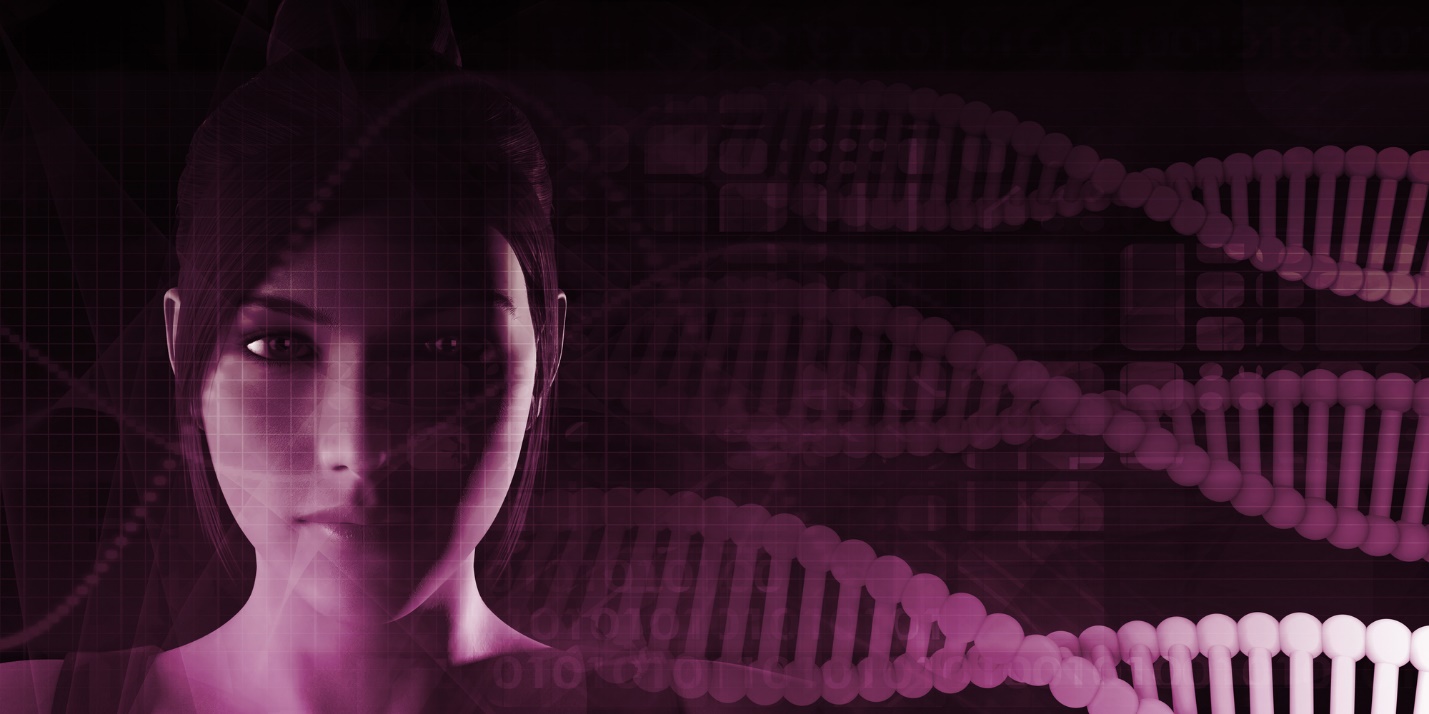BP82
Benjamin Franklin once wrote in a letter, “Our new Constitution is now established, and has an appearance that promises permanency; but in this world nothing can be said to be certain, except death and taxes.”

Franklin wasn’t the first one, however, to refer to the certainty of death and taxes. Seventy years earlier (1716), Christopher Bullock wrote in The Cobbler of Preston, “’Tis impossible to be sure of any thing but death and taxes.”
Over the years, many of us have added other certainties to the short list of death and taxes if for no other reason than to follow the Rule of Three, namely, the phenomena we see in the universe for things to occur in threes. Books sometimes come in threes—a trilogy. Plays often consist of three acts–a beginning, a middle, and an end. Sermons most frequently have three points. Even popular sayings occur in threes such as “Veni, Vidi, Vici,” “Ready, aim, fire,” and “Get ready, get set, go.”
So, it is very common for many of us to add a third item of certain things to the list of death and taxes. There are some who refer to birth as a third factor or to the second law of thermodynamics. I could come up with many third items including suffering, sin, the need for oxygen, food, and water, and aging.
In this blogpost, the third item I will focus on that is certain in this world is guilt.
Meredith Grey (a fictional character from Grey’s Anatomy) says, In life only one thing is certain, besides death and taxes… No matter how hard we try, no matter how good our intentions, We are going to make mistakes. We are going to hurt people. We are going to get hurt. And if you’re ever going to recover, there’s only one thing to say. Forgive and forget. That’s what they say. It’s good advice, but it’s not very practical. When someone hurts us, we want to hurt them back. When someone wrongs us, we want to be right. Without forgiveness, nothing is ever settled. Hurts never heal. And the most we can hope for… Is to forget.
These words are spoken by someone who probably is not looking at life through the eyes of faith. There is a particularly strong feeling of hollowness in that last sentence.
Meredith is referring to the certain phenomenon that we will make mistakes that hurt others. She doesn’t directly mention it, but what follows this certain experience of hurting others is our topic of today: guilt (unless we are psychopaths or blamers who have no ability to admit wrong and apologize).
So, what do we do with guilt? And what is guilt anyway?

In an article called The Definitive Guide to Guilt, the author, Susan Krausse Whitbourne, PhD, defines guilt as an emotion we feel that occurs under five different circumstances: when you do something wrong that hurts others or that violates your own moral code; when you think about doing something wrong (a Christian would refer to this example as temptation) but don’t actually do it; when you think you did something wrong but you actually didn’t; when you believe you’re not doing enough to help someone who is in need; and lastly, when you believe you are doing better than someone else or are given an opportunity that others around you are not given and you feel guilty for that.
Dr. Whitbourne does not seem to believe that guilt is more than a feeling and she does not address the possibility that there is another agent in the experience of guilt, namely, a holy God.
How might a follower of Jesus view guilt a bit differently than Dr. Whitbourne? A Christian believes that guilt follows behaviors, thoughts, attitudes, and even accompanies the sinful state (status) we are born with that is in disobedience to God. But where does our sense of what is morally right and wrong come from?
For one thing, the Bible clearly states that the conscience within every human will trigger a sense of guilt when an individual does something against God’s moral code.
Romans 2:15 says, They show that the work of the law is written on their hearts, while their conscience also bears witness, and their conflicting thoughts accuse or even excuse them on that day when, according to my gospel, God judges the secrets of men by Christ Jesus.
In addition to a conscience naturally occurring within us because we are made in the image of God, God has also given us His Word and the Holy Spirit as sources of truth that show us the path of righteous living and convict us when we are straying from that path of obedience.

For a believer in Jesus, then, we know that guilt follows disobedience to God almost like thunder follows lightning. Guilt rumbles in our hearts after we have sinned informing us that we have violated God’s law or transgressed a boundary or failed to do something God asked of us. In this sense, the thunder of guilt is helpful. It gets our attention. It informs us that we have missed the mark through commission or omission. And . . . guilt demands a response like a wildfire demands water.
In this universe, guilt is a problem for humanity. A major problem. In fact, I believe it ranks right up there in the top two issues for men and women.
In previous blogposts, I have referred to the Two Things that every human must address, namely, to fill the emptiness within and to get rid of the badness (guilt, shame, sin, condemnation). Concerning the second of the two things, the badness, humans must deal not only with the badness that follows individual acts or thoughts or words of disobedience, but also with a guilt that exists within us even before birth.
We are born with a sin nature inherited from the fall of humanity back in the garden before we ever do anything wrong. It is a condition that exists within every human of every race. Sin–and the guilt that accompanies it–are like a genetic trait within us from the moment we are conceived. We don’t choose it. It is present within us from the beginning like an inherited cardiological condition that requires a heart transplant.
Of course, we also commit individual acts of sin that flow from our sin nature/genetic state of fallenness. So, we are born in sin and then go on to naturally practice sin because of this inherent rebellious self. The result for humans is that every single one of us experiences profound guilt (a sense of badness and condemnation) due to our nature and the disobedience that flows out of that nature.
[As an aside, I believe some believers struggle with receiving God’s forgiveness and letting go of their sin because what they encounter when they commit individual acts of wrong is the genetically fallen nature that still lurks within them. I believe Satan arouses the dark presence of this genetic sin nature when we sin and rubs our faces in it. Then we feel bad because of the guilt that accompanies our individual sin but also because we are reminded of our inherent sin nature: a double whammy that is difficult to overcome.]
We can deny our sin and guilt. We can declare that there is no divine authority who holds us accountable when we miss the mark or intentionally cross the boundary. We can even project our sin and guilt onto someone else as occurs with scapegoating and projection. (See Scott Peck’s book, People of the Lie, for a discussion of the evil of scapegoating.)
Under this tidy (but sometimes deadly) arrangement, we take the wrong inside of us, see it in someone else, then condemn them for it. They are sacrificed for our sins just as the animals in the Old Testament were sacrificed for the people’s sins. We are then Scot-free, at least in our minds. Our sins are atoned for, as it were, transferred onto the scapegoat.

We won’t discuss it at length in this post, but there is true guilt and false guilt, true shame and false shame. True guilt and shame naturally and healthily are ignited within us when we sin against God, others, and even our own selves. This true guilt prompts us to confess our wrongdoings, to reconcile with the one we have sinned against, to recognize that if we don’t ask for forgiveness, we will turn to the unhealthy and deadly practices of denial and scapegoating mentioned above to eradicate our sin and guilt.
I believe false guilt and shame are not from God but are the devastating badness we are left with (in addition to the true guilt) when we choose to deal with our sins alone; when we opt out of having our sin and guilt removed from us by a divine sacrifice; when we have no defense attorney to represent us against the accusations of sin and guilt that require a sentence of death.
Getting back to the main point, the bullseye I am aiming to focus on today is the reality that true guilt–the thunder following the lightning of sin–is THE problem for humanity. We could certainly state it in other ways theologically, but the bottom line psychologically and spiritually is that guilt (flowing from our genetic condition of sin and our acts of sin) is present in us at birth, and we experience this aftereffect of sin increasingly as we grow to the “age of accountability” and beyond.
Psychologically, unresolved guilt is so intense because it chews us up with the sharp teeth of condemnation and badness, prompting us to blame others or, in extreme cases, even leading us to suicide to escape it.
Often, I have seen that people who are very quick to be enraged by others or offended easily are carrying around a boatload of shame and condemnation that they project onto others when their unresolved guilt is triggered. This boatload of guilt and rage are due to present-day ongoing sin as well as the deeply embedded genetic sense of sin and guilt that are hard-wired in every person.
I believe that unresolved guilt and condemnation, in a more severe form, can devolve into a disorder like borderline personality. It can descend into something as debilitating as severe paranoia where someone projects their badness or emotions into the external world and then fears the world. It can, maybe most destructively, be manifested in a condition called psychopathy when a person, over a period of years, appears to erase their conscience and project their badness onto others resulting in a lack of empathy, an absence of guilt, and an increase in antisocial deviance.
Unresolved guilt could, arguably, be at the core of most mental illness.
So, then, how do we remove the condemnation that is inherent within us at birth due to our congenital sin nature and also the guilt that follows our mistakes, our wrong moral choices, our sin?
If we are feeling guilty simply because we wronged others with our moral choices, we need to ask forgiveness, and all should be right with the world (unless restitution needs to be made or some legal consequence is deemed appropriate).

However, if another personality (the primary one) must be considered when it comes to guilt, namely, the God of this universe who is perfectly holy, we are in a dreadful situation we cannot remedy on our own.
Here is the rub: God’s word says we need to not only deal with individual sins or wrongs we have done or not done, but we also must address our genetic sin nature. The first is a specific behavior while the latter is a state of being. How do we deal with who we are at our core?
Another way to say it is that we need a heart change within us that will bring a new nature into us that will defy the congenital fallen condition (our hearts will be changed from stone to flesh). We need a change in our status before the holy God who cannot look on our sin. He could not even look on His Son when He was on the cross bearing our sins. He looked away from Jesus as symbolized by the darkness that covered the whole land.
Apart from a miraculous intervention, we are lost, left to our own devices, alone in the universe physically, psychologically, relationally, spiritually. Talk about despair.
The Two Things remain unaddressed. We are empty of life and full of badness.
Darkness. Separation. Aloneness. Guilt. Shame. Condemnation. These are our future. No wonder we have so many psychological issues in this world.
But then . . . God, in love and mercy, pursued us. He came for us. Yes, He came for you.
But then one word from the God of the universe changed everything. The single word was spoken by Jesus on the hard, splintered wood of the cross.
Tetelestai, is the Greek word.
IT IS FINISHED.
Jesus uttered this word on the cross just before He took His last breath and died.
Jesus knew He had removed the barrier between us and His holy Father. He knew that He had torn open the curtain in the temple symbolizing the barrier between the holy God and humanity that was sinful both through nature and actions.

IT IS FINISHED means PAID IN FULL. Those who come to Jesus and ask for forgiveness and cry out to Him to be close to them will be fully pardoned. The Father will not remember their sins. All guilt, shame, condemnation, and badness are washed away. Forever.
Here we see why the gospel of Jesus is Good News. One of the most devastating issues for all humanity—guilt—is removed from us with its separation and anxiety and depressing aloneness.
For all who believe, Jesus is now your defense attorney. It is finished. You can run to the throne and look at His loving face instead of chewing the cud of your sin and guilt.
If you are struggling with sin or guilt or shame, remember one word: Tetelestai. It Is Finished. You are in. You are family. God the Father is your good Dad, Jesus is your defense attorney, and the Holy Spirit is your counselor and comforter.
Practice His presence because your genetic old nature and Satan will try to rub your face in your sin and guilt. Yes, gaze into His face because you are now His child—forever. You are perfect in His sight. Perfect.
Dwell on the truth below. Expect opposition. Run to Jesus and your brothers and sisters who genuinely know God so you are not alone before this opposition.
And never forget . . . it is finished. It doesn’t depend on you. He did the work. Now you must receive freedom from guilt once through justification and daily by walking with Him and removing all obstacles that prevent you from hearing His voice of truth and love.

Therefore, if anyone is in Christ, he is a new creation. The old has passed away; behold, the new has come. All this is from God, who through Christ reconciled us to himself and gave us the ministry of reconciliation; that is, in Christ God was reconciling the world to himself, not counting their trespasses against them, and entrusting to us the message of reconciliation. Therefore, we are ambassadors for Christ, God making his appeal through us. We implore you on behalf of Christ, be reconciled to God. For our sake he made him to be sin who knew no sin, so that in him we might become the righteousness of God ~ 2 Corinthians 5:17-21
There is therefore now no condemnation for those who are in Christ Jesus. For the law of the Spirit of life has set you free in Christ Jesus from the law of sin and death. For God has done what the law, weakened by the flesh, could not do. By sending his own Son in the likeness of sinful flesh and for sin, he condemned sin in the flesh, in order that the righteous requirement of the law might be fulfilled in us, who walk not according to the flesh but according to the Spirit ~ Romans 8:1-4
IT IS FINISHED!
